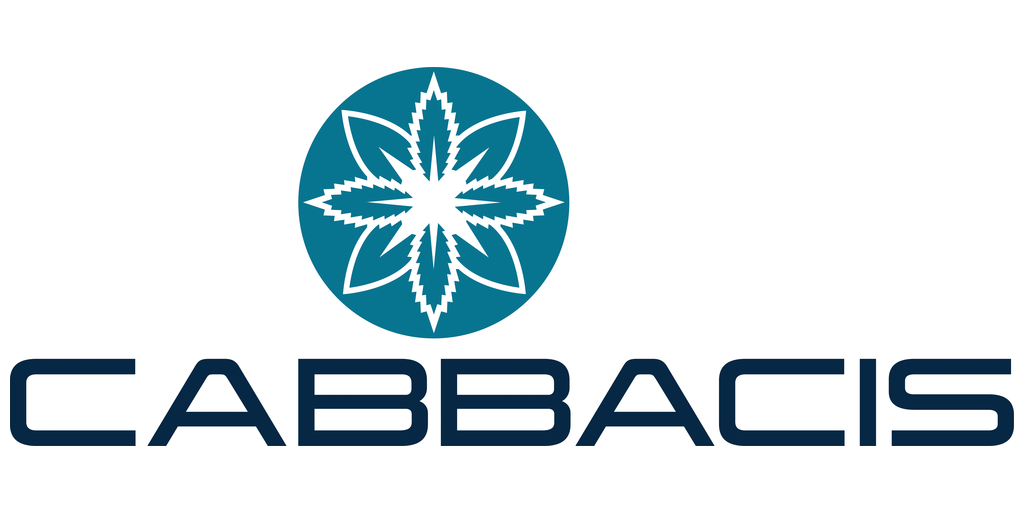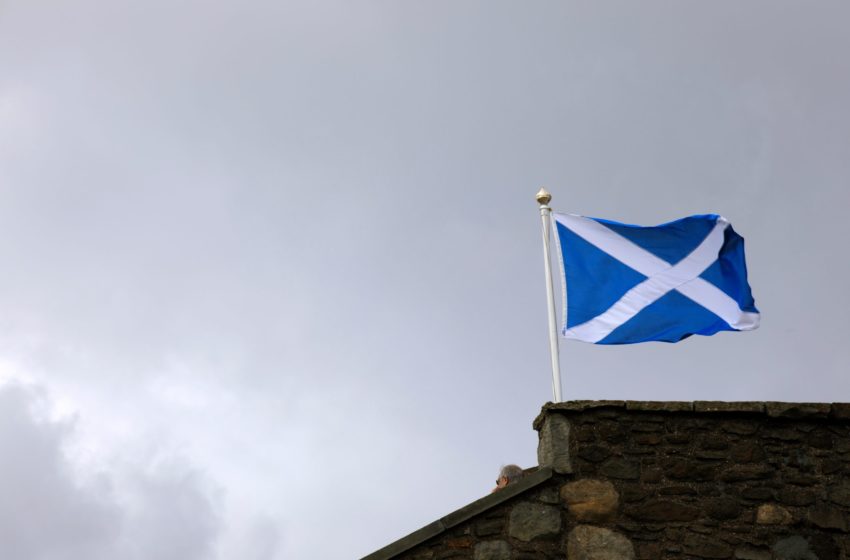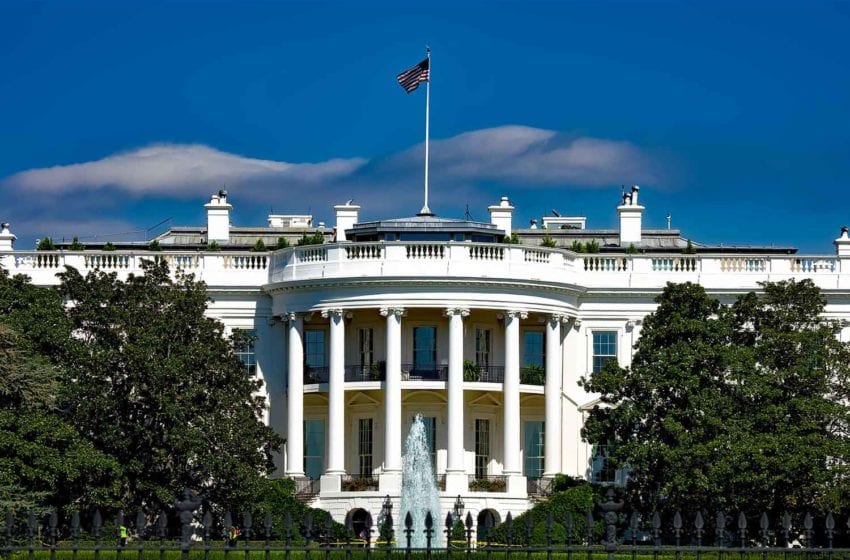Tobacco taxation experts have recommended the government of Vietnam simplify the country’s excise tax structure on tobacco, reports EIN News. The move would facilitate tax administration, reduce opportunities for tax avoidance and evasion, increase the government’s revenues and have a greater impact on reducing tobacco use.
The recommendation comes after the Vietnam government approved a tax reform strategy for up to 2030, which sets the process for switching from an ad valorem tax system to a hybrid tax system for tobacco and other products subject to excise tax.
A number of experts suggest that a hybrid tax system that includes ad valorem and specific taxes is the most simple and effective system. In a recent report titled “Study on the Special Consumption Tax System,” PwC Vietnam called it “The right direction in line with the general trend in the world.”
According to the report, the government has lost revenues due to tobacco smuggling, especially in 2016–2017.
The total tax loss due to smuggled tobacco consumption has reached nearly 9 percent of tobacco tax collection, and tax collection of tobacco remained unchanged in the 2006–2020 period without factoring in inflation, the report said.
Based on the analysis of the current excise tax policy, the objectives of the government and tax policies in comparable countries, it outlined a number of options for SCT reform along with roadmaps for the short-term and the long-term.
The first option is transitioning into a hybrid tax system then gradually increasing the specific component and decreasing the ad valorem component at an appropriate time in future, considering to move to a single-tier specific tax system when being suitable.
The second option is transitioning into a multi-tier specific tax system and then gradually narrow down the number of tiers to become a one-tier specific system.
Both options have both advantages and disadvantages, but PwC Vietnam believes that the first is more reasonable for Vietnam. According to the Asia Illegal Tobacco Index, in 2017, more than 24.3 billion illegal cigarettes were consumed in Vietnam, or 23.4 percent of total tobacco consumption.





















